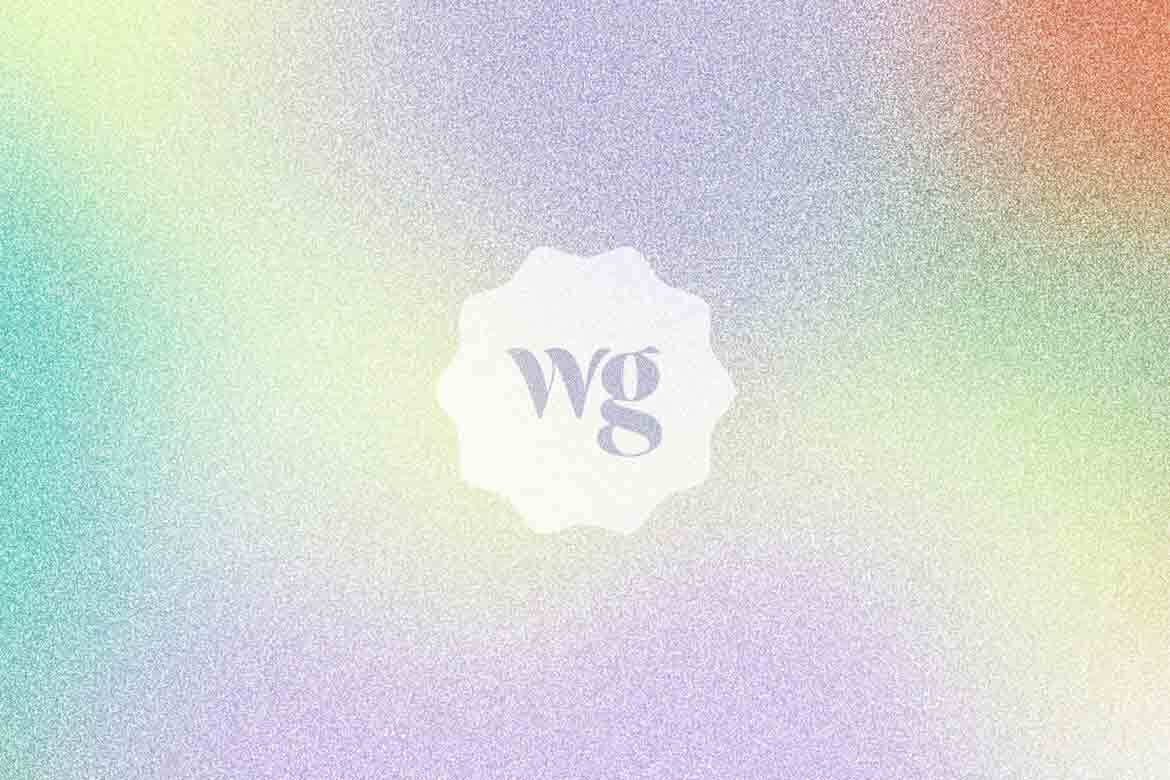Our editors independently select these products. Making a purchase through our links may earn Well+Good a commission

We’re All Exhausted—How Is It Changing Us?
There’s a lot Americans disagree on in 2024.
Politics are more divisive than ever; social media fuels heated arguments about parenting styles; and we’ll be debating if skinny jeans are cool until the day we die (at least, this millennial will). One thing we can all agree on, though? We’re tired. And not in an, “I stayed up partying one too many nights in a row and need an entire week to recover” kind of way. We’re overextended, overbooked, and exhausted to the core.
We need downtime to rest, and we need it now—but in reality, it’s hard to come by. Over eight million people work multiple jobs1, more than 40 percent don’t take all their vacation time, and ever since the pandemic, the once-blurred line between work and home has been all but erased. For so many of us, a day—or even an hour—of downtime feels like a fantasy.
So if you’re asking, “How did things get so bad?” you’re not alone. Why is it that we can't ever seem to catch a break? And will we ever feel well-rested again? We asked experts to shed some light, and also share how our collective chronic exhaustion might be changing us for the long haul.
How did we get here anyway?
“The world has been stressful lately,” Debbie Sorensen, PhD, psychologist in Denver, CO, and author of ACT for Burnout: Recharge, Reconnect, and Transform Burnout with Acceptance and Commitment Therapy, tells Well+Good. “There’s this constant backdrop of stress that we’re all dealing with, and on top of that, it’s just become expected that people will overwork.”
Although people have always had work and family obligations, society has shifted in such a way that has made it impossible to stop and take time to recharge in between those commitments, says Sorensen.
And research seems to indicate that it’s been this way for a while. "Since at least the mid-nineteenth century, these narratives of distress have been bound together not primarily by mutual understandings and shared experiences of stress," the author of a 2014 Lancet article writes, "but by the apocalyptic fear that stress is the inevitable result of the psychological pressures generated by the unfettered growth of industrial and technological capitalism."
In reality, humans have been stressed for a long time, but newer generations tend to think they’ve got more stress than the last—which, in and of itself, might be part of the problem.
Sign Up for Our Daily Newsletter
Get all the latest in wellness, trends, food, fitness, beauty, and more delivered right to your inbox.
Got it, you've been added to our email list.





